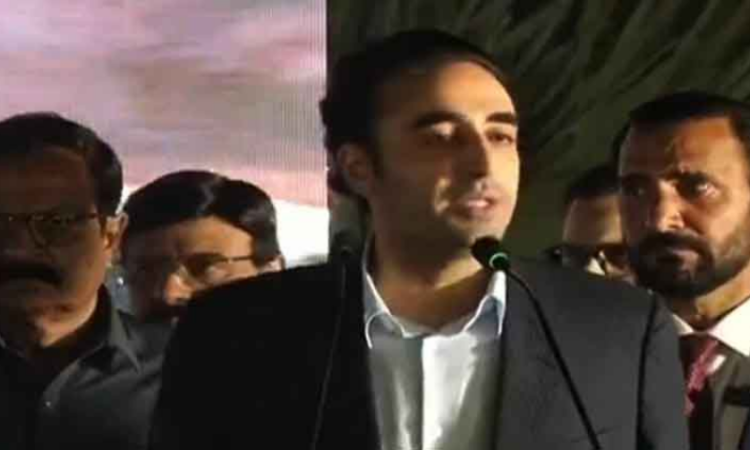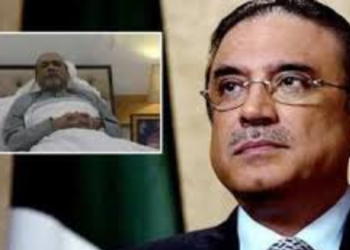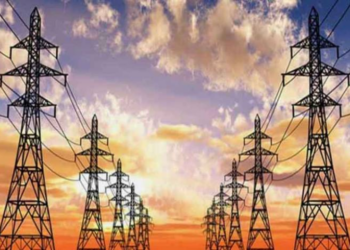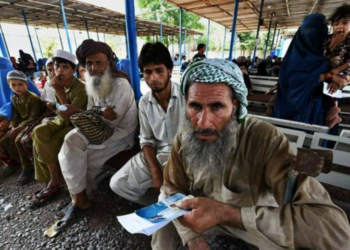Lahore, March 24, 2025: Pakistan Peoples Party (PPP) Chairman Bilawal Bhutto-Zardari has urged the government to engage all political parties, including those that boycotted the recent high-level national security meeting, to forge a unified strategy against rising terrorism.
Speaking at a ceremony at Governor House Lahore, Bilawal called on Prime Minister Shehbaz Sharif to convene another meeting in the coming weeks to build a national consensus. He emphasized that combating terrorism requires collective effort, urging all political stakeholders to set aside differences for the country’s security.
The in-camera national security meeting, attended by the prime minister, Chief of Army Staff (COAS) General Asim Munir, Director General Inter-Services Intelligence (DG ISI) Lieutenant General Asim Malik, chief ministers, and other top officials, was held amid a surge in terrorist attacks. However, the opposition alliance Tehreek Tahaffuz-i-Ayeen Pakistan (TTAP) boycotted the session, citing the absence of PTI founder Imran Khan, who remains incarcerated in Adiala Jail.
Bilawal stressed the urgency of addressing law and order concerns, particularly in Balochistan and Khyber Pakhtunkhwa, regions hit hardest by terrorism. He lamented political divisions, stating that consensus on national security has become increasingly difficult.
He reiterated that Pakistan faces global conspiracies and must stand united against them. Calling on political parties to move beyond “narrow-minded politics,” he urged them to focus on public welfare and the country’s broader challenges, including economic instability and security threats.
The PPP chairman assured that his party would facilitate dialogue among political groups, reaffirming his commitment to fighting terrorism and its facilitators. Addressing opposition leader Omar Ayub, Bilawal noted that while political grievances exist, national security must take precedence over partisan conflicts.
Clarifying his party’s stance, Bilawal stated that the PPP is neither part of the government nor the opposition but remains open to constructive dialogue to address pressing national issues.








